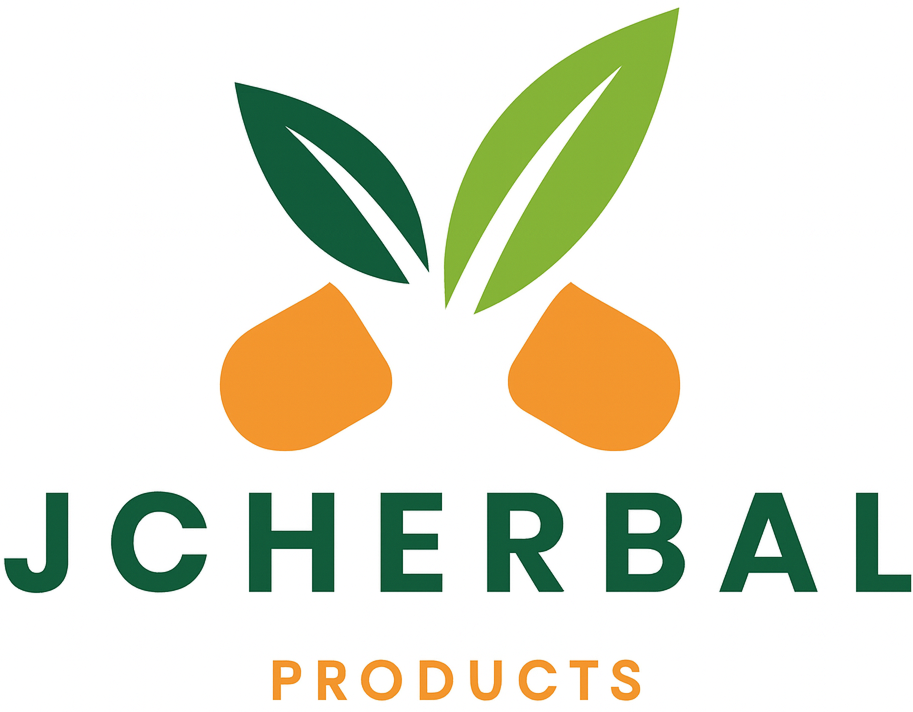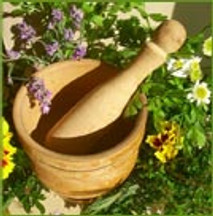Feb 4th 2025
Discover the Meaning and Uses of Bible Herbs

When God created the world He made a garden in Eden, He placed the tree of life in the center of the garden (Gensis 2:8-9). On the third day of creation, He also made all kinds of plants for foods.
Genesis 1:11–12 (KJV 1900)
11 And God said, Let the earth bring forth grass, the herb yielding seed, and the fruit tree yielding fruit after his kind, whose seed is in itself, upon the earth: and it was so. 12 And the earth brought forth grass, and herb yielding seed after his kind, and the tree yielding fruit, whose seed was in itself, after his kind: and God saw that it was good.
Genesis 1:29 (KJV 1900)
29 And God said, Behold, I have given you every herb bearing seed, which is upon the face of all the earth, and every tree, in the which is the fruit of a tree yielding seed; to you it shall be for meat.
After man was driven from the garden of Eden and had no access to the tree of life because of sin, God added herbs to man’s diet.
Genesis 3:18 (KJV 1900)
18 Thorns also and thistles shall it bring forth to thee; and thou shalt eat the herb of the field.
Herbs are one of God’s remedies for humanity. His plan was that everyone would raise herbs in their gardens, and gather those that grew wild and use them when needed. This is what my grandparents did. We were never sick, and we never called a doctor because we couldn’t afford one anyway.
Today I do see people getting back to planting herb gardens, vegetable gardens and plant fruit trees. They are beginning to change their diets to eating better so they will feel better.
Some of the first things Moses taught the Israelites after they left Egypt was to keep the premises clean, wash their clothes and bodies, and discard all harmful articles, including the lustful diet of flesh that they had been eating while they were slaves in Egypt. They were taught to use herbs for their medicine.
Psalm 104:14 (KJV 1900)
14 He causeth the grass to grow for the cattle, And herb for the service of man: That he may bring forth food out of the earth.
Ezekiel 47:12 (KJV 1900)
12 And by the river upon the bank thereof, on this side and on that side, shall grow all trees for meat, whose leaf shall not fade, neither shall the fruit thereof be consumed: it shall bring forth new fruit according to his months, because their waters they issued out of the sanctuary: and the fruit thereof shall be for meat, and the leaf thereof for medicine.
After Daniel was taken captive to Babylon, he refuses the kings meat and ate vegetables. (Daniel 1:1-16)
Solomon, the wisest man that ever-lived talks about herbs. (Proverbs 15:17)
These are more scriptures that mentions herbs.
1 Kings 21:2 (KJV 1900)
2 And Ahab spake unto Naboth, saying, Give me thy vineyard, that I may have it for a garden of herbs, because it is near unto my house: and I will give thee for it a better vineyard than it; or, if it seem good to thee, I will give thee the worth of it in money.
Jeremiah 12:4 (KJV 1900)
4 How long shall the land mourn, and the herbs of every field wither, for the wickedness of them that dwell therein? the beasts are consumed, and the birds; because they said, He shall not see our last end.
Herbs have played a significant role in the Bible, both as culinary ingredients and for their medicinal properties. This blog post explores various herbs mentioned in the scriptures, highlighting their uses and significance throughout biblical history.
Key Herbs in the Bible
1 .Aloes (Aloe vera)
Mentioned in John 19:39-40, aloes were used in the embalming process of Jesus. Known for its soothing properties, aloe vera is still widely used today for skin health and healing.
2. Hyssop (Origanum syriacum)
Used for ceremonial cleansing (Exodus 12:22), hyssop is recognized for its medicinal benefits, including respiratory relief and blood sugar regulation.
3. Coriander (Coriandrum sativum)
Noted in Exodus 16:31, coriander seeds were likened to manna. Historically, it has been used for digestive issues and as an anti-inflammatory agent.
4. Cumin (Cuminum cyminum)
Cumin is referenced in Matthew 23:23, where it was part of tithing practices. Today, it is valued for its digestive benefits and flavoring in various cuisines.
5. Myrrh (Commiphora myrrha)
Frequently mentioned throughout the Bible, myrrh was used as a perfume and for medicinal purposes, including pain relief and wound healing.
6. Frankincense (Boswellia sacra)
Known for its aromatic resin, frankincense played a role in religious ceremonies and is now recognized for its anti-inflammatory properties.
7. Balm of Gilead (Commiphora gileadensis)
This plant was famed for its healing properties and is often associated with comfort and restoration in biblical texts.
8. Saffron (Crocus sativus)
Mentioned in Song of Solomon 4:14, saffron has been historically prized not only for its flavor but also for its potential health benefits, including mood enhancement.
9. Nard (Nardostachys jatamansi)
This aromatic plant was used in ancient times for anointing and is celebrated for its calming effects.
10. Mint (Mentha sp.)
Cited in Matthew 23:23, mint was commonly used both as a seasoning and for its digestive benefits.
Conclusion
The herbs mentioned in the Bible reflect a deep understanding of nature's healing properties by ancient cultures. They were not only integral to daily life but also held spiritual significance. Today, many of these bible herbs continue to be celebrated for their health benefits, bridging ancient wisdom with modern herbal medicine practices. By exploring these biblical herbs, we can appreciate their historical context and consider how they can enhance our well-being today.

